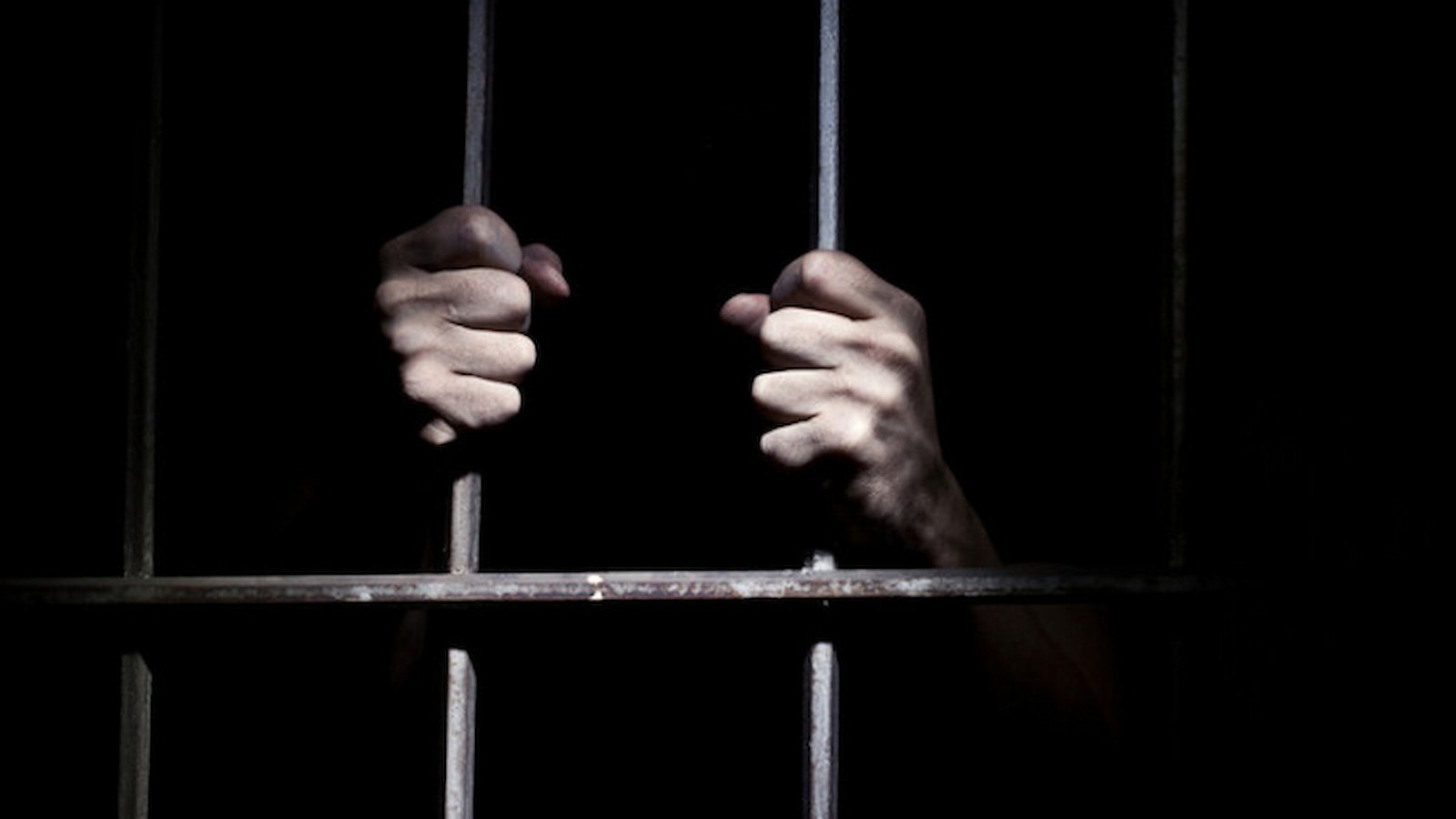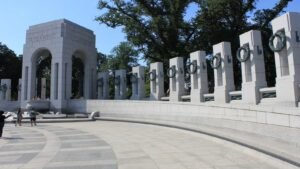Unfairly Prosecuted Persons Day 2024: On April 13 of each year, Slovakia commemorates the persecution that clergy endured in Czechoslovakia during the communist era. While not designated as a national holiday, certain organizations and enterprises participate in commemorative events and activities alongside Christian communities and governmental entities.
Although contemporary Czechoslovakia is a melting pot of cultures and religions and has long since shed its Communist past, the nation still wishes to pay homage to all the priests and monks who perished under the Communist regime.
Unfairly Prosecuted Persons Day: History
Czechoslovakia’s politics were stable after WWII. Their communist and non-communist parties created the National Front, a peaceful coalition that brought stability to the nation. A non-communist president who backed the USSR and a communist prime minister, Klement Gottwald, existed by 1946. Gottwald was crucial to the outcome. The communist party gradually took over the police, military forces, education, agriculture, and civil service from non-communists.
While Czechoslovakia was under Communist rule in 1948, the two camps settled their issue acrimoniously. The prevailing belief was the rejection of all religions, which soon extended to religious figures. Gottwald, who remained prime minister, attacked Catholic Church monasteries nationwide to eliminate dissidents.
On the evening of April 13, 1950, state police raided 56 Catholic monasteries and arrested all residents. Only male monks lived in these buildings. In that month, the governing party-run “concentration monasteries” imprisoned nearly 2,000 monks after invading more monasteries. Several months later, authorities began targeting female monasteries, leading to the unjust imprisonment of numerous religious individuals.
The General Prosecutor’s Office ruled in 1968 that no law barred monks from working, restoring monastic operations in Czechoslovakia. While communism lasted until 1989, monks’ conditions improved. Due to the division of Czechoslovakia into the Czech Republic and Slovakia, only Slovaks celebrate this holiday.
National Youth HIV and AIDS Awareness Day 2024 (US): Five HIV Prevention Facts and FAQs
Unfairly Prosecuted Persons Day: FAQs
In 1948, Joseph Stalin supported a rebellion for what reason?
Former Soviet Union leader Stalin desired to suppress reformist movements in Prague and expand the Communist bloc. Reports indicate that he did not intend to incite a war through his intervention in the Czechoslovakian rebellion.
Why did Czechoslovakia cease to exist?
A tranquil division resulted from divergent political and social perspectives within the former Czechoslovakia. The matter regarding the division was put to a vote in the Federal Assembly of the nation.
Why did the Czech-Slovak relationship end?
Regarding the opposing side, the Slovaks and the Czechs held divergent views, and no single political party held a majority. The two factions thus separated into two nations.
Unfairly Prosecuted Persons Day: Activities
Get to know it
Explore the historical circumstances that prompted the establishment of Unfairly Prosecuted Persons Day. Information and reading material can be obtained from a multitude of sources, such as scholarly articles, books, and research papers.
Contribute your expertise to the collective
Discuss with others the historical significance of this day. Establish a personal commitment to raise awareness regarding Unfairly Prosecuted Persons Day, even if it only affects one individual.
Honor the nations responsible for this day
Although the Czech Republic does not observe this day, Slovakia and the Czech Republic both served as inspiration for our event. Demonstrate your admiration for these nations through the observance of their cuisine, customs, and traditions. You might even consider organizing an extensive journey to one of these locations.
Unfairly Prosecuted Persons Day: Five Facts
It was designated “Action K.”
It was intended that the letter ‘K’ symbolize the Czech word for monasteries, ‘kláštery.’
The coup astonished a million
The demise of the final democracy in Eastern Europe was a precursor to the Cold War era and dealt a severe setback to Western nations.
A unique moniker has been designated for that evening.
‘Barbarian Night’ is the name given to the eventful evening that took place in April 1950.
NATO was established as a result of this conflict.
Europe and the United States meticulously devised a framework that ultimately resulted in the formation of NATO to construct a unified Western military and avert a recurrence of the Czechoslovak tragedy.
Slovakians and Czechs are religiously heterogeneous.
63% or more of the population of Slovakia identifies as Catholic, whereas 72% of the Czech population is agnostic.
Unfairly Prosecuted Person Day: Significance
Historical Importance
It honors a pivotal period in the history of Czechoslovakia. Today, this moment continues to be recalled.
It also benefited the West.
Although the rebellion and its preceding events had a significant influence on European countries, they also had an effect on nations in the West. It was a monumental indication to the Western world that they must unite in opposition to the Communist bloc; fortunately, they heeded this warning.
A teachable situation ensued.
History entails gaining an understanding of our origins and recognizing that we may not have always been flawless. Hopefully, by commemorating this day and its significance, we will be able to learn from our errors and make better decisions in the future.
Unfairly Prosecuted Persons Day: Dates
| Year | Date | Day |
|---|---|---|
| 2024 | April 13 | Saturday |
| 2025 | April 13 | Sunday |
| 2026 | April 13 | Monday |
| 2027 | April 13 | Tuesday |
| 2028 | April 13 | Thursday |
Salvation Army Founders Day 2024 (US): Know about its History and FAQs












